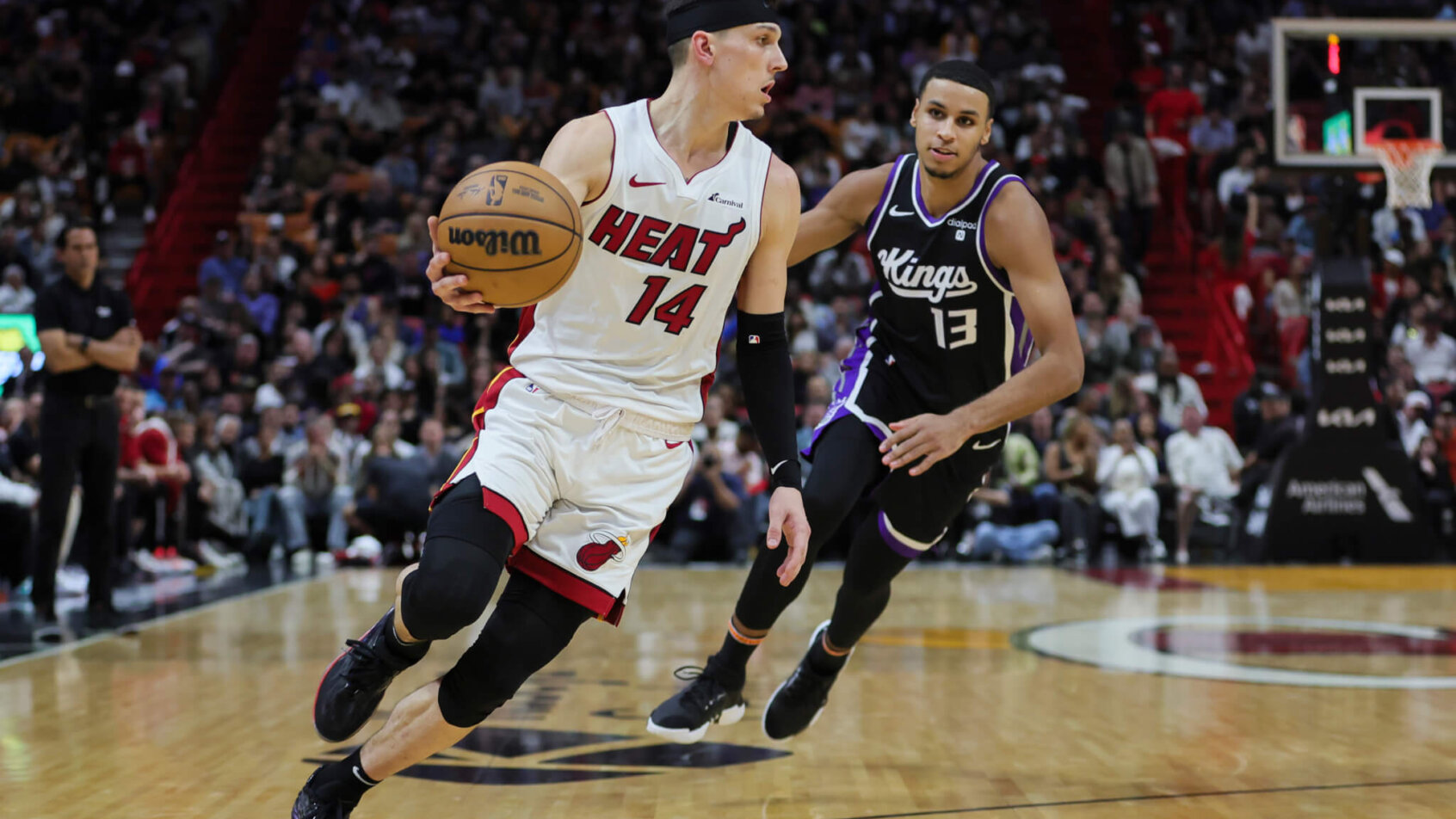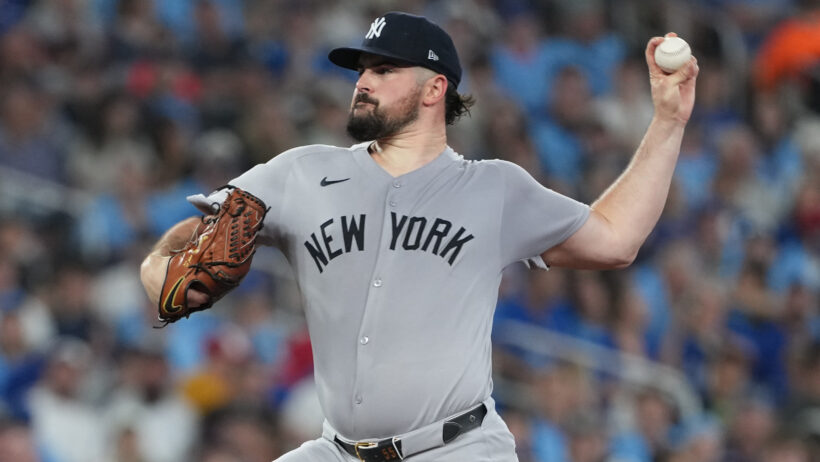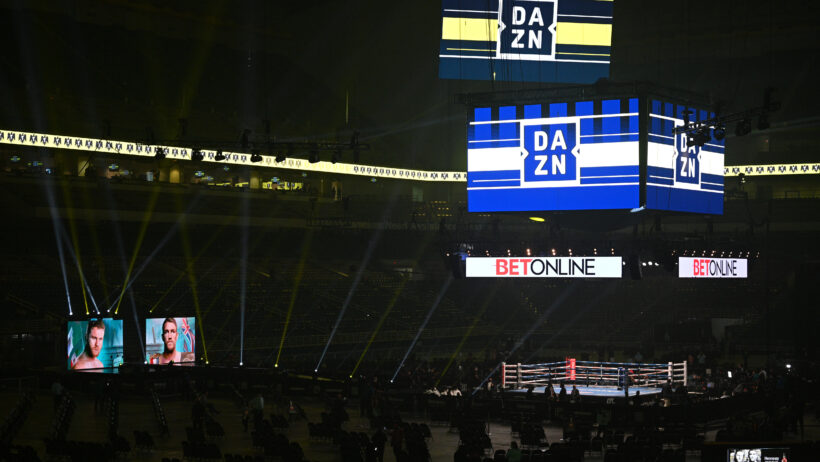West Flagler Files New Florida Online Sports Betting SCOTUS Brief
By Robert Linnehan in Sports Betting News
Updated: May 14, 2024 at 6:37 am EDTPublished:

- West Flagler points to Florida Supreme Court’s decision that Florida gaming compact “authorized” online sports betting
- West Flagler is asserting that Florida gaming compact is in violation of Indian Gaming Regulatory Act by authorizing online sports betting
- Department of Interior has until April 12 to submit a reply to West Flagler’s writ of certiorari request to U.S. Supreme Court
West Flager is turning the U.S. Supreme Court’s attention to a recent Florida Supreme Court decision, that actually ruled against West Flagler, to help bolster its argument for the court to take up its Florida online sports betting case.
Despite the Florida Supreme Court’s recent denial of West Flagler’s petition for writ of quo warranto to strip the online sports betting language out of the state’s 2021 gaming compact, West Flagler last week submitted a brief to SCOTUS that shows the Florida Supreme Court depicts the compact as authorizing online sports betting.
West Flagler is asserting that Florida’s gaming compact violates the Indian Gaming Regulatory Act by allowing online sports betting to occur off tribal lands.
Battle for Florida Sports Betting Continues With SCOTUS
West Flagler Associates submitted its writ of certiorari to the U.S. Supreme Court in December, asking the court to consider the legality of a gaming compact that legalizes online sports betting off tribal lands.
Most recently, the Florida Supreme Court denied West Flagler’s request to take up its case against Florida online sports betting. The Court officially denied West Flagler’s petition, citing the relief of what is being asked is beyond the scope of what quo warranto could provide.
Despite the decision, West Flagler’s latest brief to SCOTUS shows that in its decision, the Florida Supreme Court’s description of the IGRA compact between the Seminole Tribe and Florida actually said it “authorizes” online sports betting. Here is what the Florida Supreme Court said in its decision:
“Among other forms of gaming, the compact authorizes mobile sports betting by which participants may play sports wagers with the Seminole Tribe through a mobile device. Participants may be physically located anywhere in Florida when they place a wager, not only on tribal lands. Then, regardless of where the bets are placed, the wagers are ‘deemed’ to occur on tribal lands.”
This assertion from the Florida Supreme Court shows a conflict with the D.C. District Court’s ruling that the Florida gaming compact should be interpreted as not authorizing any off-tribal land gaming.
The U.S. Department of Interior has until April 12 to submit a reply to West Flagler’s writ of certiorari request to the U.S. Supreme Court.
SCOTUS Justice Has Concerns
It’s an intriguing point, as Supreme Court Justice Brett Kavanaugh released an opinion in December in which he shared concerns with the gaming compact allowing for off-tribal land gaming.
Kavanaugh noted in his statement that he had concerns regarding the gaming compact if it somehow authorizes the Seminole Tribe to “conduct off-reservation gaming operations.”
“If the compact authorized the Tribe to conduct off-reservation gaming operations, either directly or by deeming off-reservation gaming operations to somehow be on-reservation, then the compact would likely violate the Indian Gaming Regulatory Act, as the District Court explained,” he said.
He noted that state law raises “serious equal protection issues” if the Seminole Tribe is the only organization allowed to conduct off-reservation gaming operations in Florida.

Regulatory Writer and Editor
Rob covers all regulatory developments in online gambling. He specializes in US sports betting news along with casino regulation news as one of the most trusted sources in the country.



